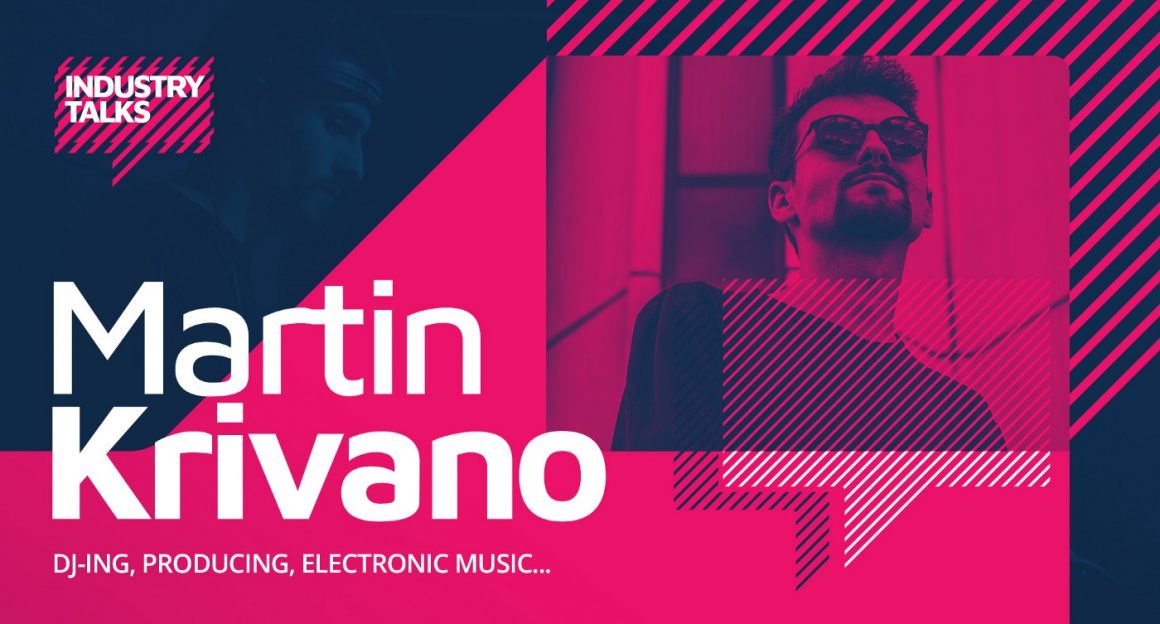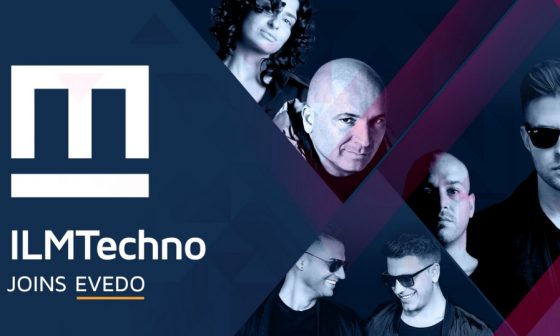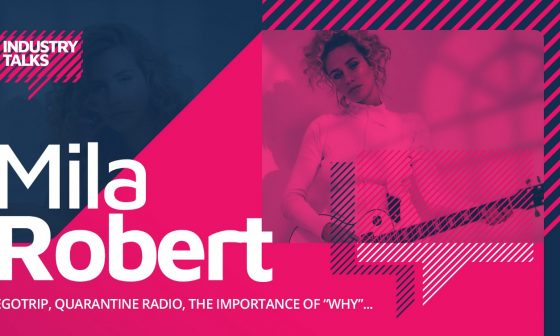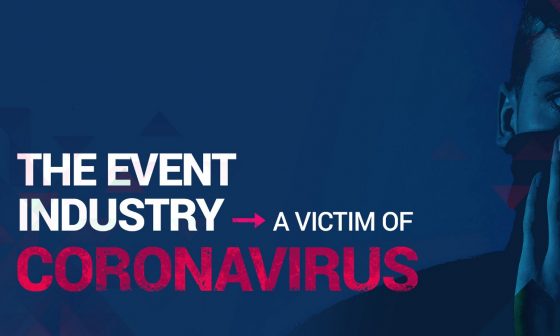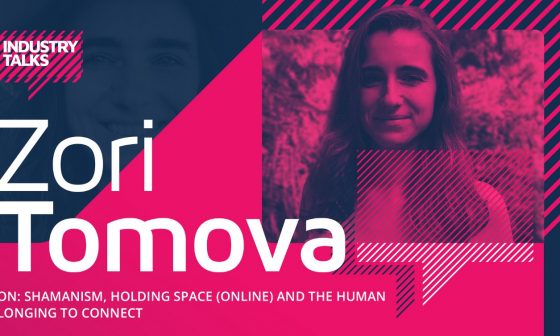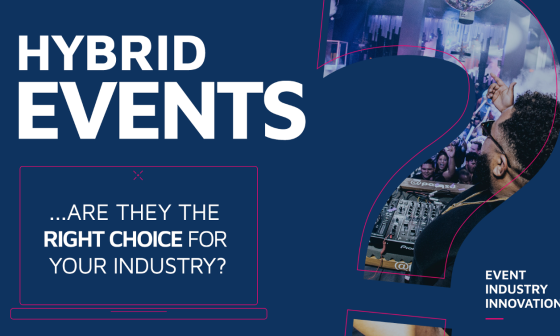Martin’s sound is dynamic, provocative, and as he likes to describe it, “extremely gentle, yet sincerely dangerous.” His refined selection always aims at delivering snappy rhythms, classy basslines, and intimate vibes. An active participant in the exciting European underground scene for more than 5 years now, he has plenty of experiences and stories worth sharing.
1. How do you think the events industry has been doing since COVID-19 became our reality more than half a year ago?
As many know, the leisure industry has been the most affected sector due to COVID-19 regulations. In the Netherlands, the capacity of venues was decreased significantly, and some can’t open doors at all, so many places are unfortunately facing bankruptcy.
These restrictions are in place in most European countries, but surprisingly the situation in Bulgaria is a bit different, at least for now. The scene, especially in Sofia, is still going on as usual. The situation in other countries is even in favor of the Bulgarian scene. This lack of events internationally is bringing more people from abroad. Many well-known artists, who are otherwise busy and fairly expensive to be booked, are more available now.
However, it’s also quite risky to fly a DJ from abroad, and this creates more opportunities for the local artists to shine. I also feel like the audience sees these smaller events as more special and unique, and this makes people more inclined to pay an entrance fee as a way to support the scene.
2. How do event organizers and artists around you feel about the current situation?
The limitations in place definitely provoke organizers to think in a different way. Restrictions in the Netherlands are pretty heavy at the moment, and this requires a completely new concept for parties as it’s not allowed to have more than 50 people. And all of them need to be seated. So even the underground organizations have, in a way, become a bit more sophisticated, having their entire crowd seated. Something we would have never imagined before.
Speaking from a DJ’s perspective, we must admit it’s a bit weird to play when everybody is sitting… the DJ is there to play DANCE music after all. [laughs] Also I feel like artists are more creative now. They don’t have gigs, they can’t go out much either, so this boredom definitely brings out some newfound creativity. Overall, this COVID time is a time for self-development, I believe.
3. You’ve been organizing events in both Bulgaria and the Netherlands for more than 5 years now, what do you think are some of our main differences (in culture or work ethic) when it comes to collaborating with the locals in each place?
In the Netherlands, I’m based in Eindhoven, which is a fairly small city, so the community is also small. Most organizers, club owners, and artists know each other and have worked together at some point or another. Everything is very interconnected — people from some collectives are part of other collectives, like myself. So we are all trying to work together in order to make the local music scene better and more fun.
We’re also trying to not interfere with each other’s plans. If, for instance, there are two events with similar styles of music planned on the same date, one of the organizers will usually try to move their event to another date. There’s also an established Night Collective with most of Eindhoven’s venue owners, organizers, and our night mayor Siem Nozza, where such arrangements and projects are easily discussed.
Sofia, on the contrary, is a capital, so everything is quite different in comparison to Eindhoven. There are many more clubs, more event organizers, more artists, and a much bigger audience… Therefore, everything is much wilder and more chaotic. There are like 10 or even more parties with similar music happening on the same night, so you have much more competition.
You can feel the surrounding competition in the attitude of the people who make up the local scene. Moreover, I feel like some tension arises from the way things are sometimes being arranged in Bulgaria. Oftentimes arrangements happen only from mouth-to-mouth, and this can lead to confusion and miscommunication. It’s tricky when you don’t have any safety, no contract, nothing to ensure you as an organizer. While in the Netherlands, venues, and organizers try to have everything cleared out with a contract and this way everyone is aware of their responsibilities.
However, I’m sure there are other people with different observations from mine. I still have a long way to go, so I might not have a complete picture of how things actually work.

4. Who throws a better party?
[laughs] I would say it gets crazier at Bulgarian parties. Our Bаlkan culture somehow predisposes the night to evolve in many different directions. You are never sure when the party will finish. DJ sets often don’t have a set ending time.
This summer at Wake Up Stran-Jah Festival, I asked one DJ, Vetomir, what his time slot was and he replied, “At the end. The forever slot.” I think this tells you enough about our music culture in Bulgaria. Dutch events, on the other hand, usually have a pretty tight time schedule, and the end time of the party is clear in advance.
But when it comes to bigger productions, and when you want to see something grandiose, the Dutch do it better — the stage designs, visuals, and installations at festivals there are much more advanced. But the bigger budgets definitely play a key role in this.
5. As a young up-and-coming DJ, what is your experience trying to enter a space where most of your peers are 5–10 years older than you?
Well, there are many up-and-coming DJs at the moment, so it’s a bit hard to stand out. It’s often hard to get the spotlight at many clubs. You usually need to know someone from the inside to get you to play there. I do a lot of networking to reach the people I need to make things happen.
When it comes to my more experienced peers, I would say that they are all very open to sharing their experiences and know-how. Some have warned me what to be careful with. Some have laughed at my questions. I usually ask a lot of questions. [laughs] I can be a bit annoying sometimes, but I feel they respect the fact that I’m trying to learn more and more, and I’m hustling to push my way to the scene.
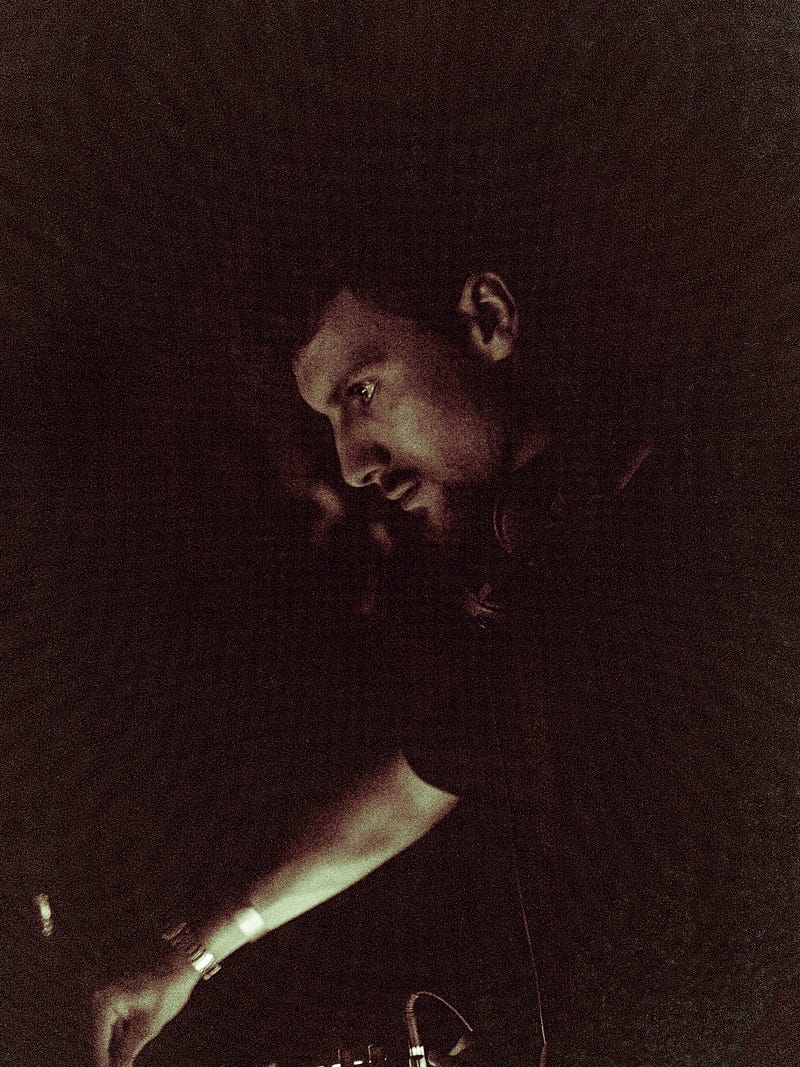
6. What were some of your first steps when you were starting out back in 2015?
Well, I bought my first controllers, and very soon afterward I started hearing some good responses. And quite naively, I started throwing parties soon after. That’s how I started Suspense. It’s not like I was hearing bad responses, but I didn’t yet feel comfortable myself to play at proper gigs at that point. I felt I wasn’t prepared enough, so I stopped playing at gigs for a while… for a year or so.
Then I started organizing small events every time I went home to Bulgaria. In the meantime, all the house parties I was doing in the Netherlands were getting crazier and crazier, so my friends and I decided to move the parties to the clubs. We couldn’t fit the people in our houses anymore. Really. [laughs]
So I then continued the Suspense parties also in the Netherlands. Simultaneously, I started working with my friends on a new concept called “The Opera”, as a part of the Orchestra Collective. Later I joined the Deep Under collective too… And here I am now. [laughs]
7. What are some of your goals or ambitions with the work you do at Suspense, The Orchestra, and The Deep Under? Can you tell us a bit about each of these ventures and their purpose?
With Suspense I try to push to the scene the classy sounds of Minimal and Deep Tech. This style is very developed in Bulgaria, but not quite spread in the Netherlands yet.
I’m also striving to achieve something which is very close to my heart. I was always wondering how to help Bulgaria, my home country, and I discovered that my contribution will be through music. I want to invite Bulgarian artists to the Netherlands, so they can receive more recognition and exposure on an international level.
I have also always imagined Suspense to be linked with fashion in some way. Currently, we are achieving this by having brands showcase their pieces during our parties. At our last event, a collaboration with Urban Gatherings, a new Sofia-based event concept which also focuses on electronic music, we invited 4 streetwear brands and 2 painters.
For The Cult Edition of Suspense, a special Friday the 13th event with which we were aiming to break some stigmas around the electronic music scene, and deliver a new, more elegant take on clubbing, we collaborated with Dutch clothing brand Ledge Bound on a collection of hoodies and t-shirts specifically designed for the party.
Next up, The Orchestra is more of a multidisciplinary collective. Our two main event concepts are “The Opera” and “The Operetta.” Before you ask — no, we don’t have opera at “The Opera.” [laughs] At these parties you will hear a wide range of electronic music, house, techno, breakbeat, minimal. The key element behind our events is that we try to provide a platform for new talents to show their skills. Additionally, our gifted engineers and designers will often surprise the audience with mind-blowing audio-visual installations. We really love using lasers. [laughs] We have hosted many expos with such installations. Last year we participated in both Dutch Design Week and Glow Festival. I’m really excited to see our future projects.
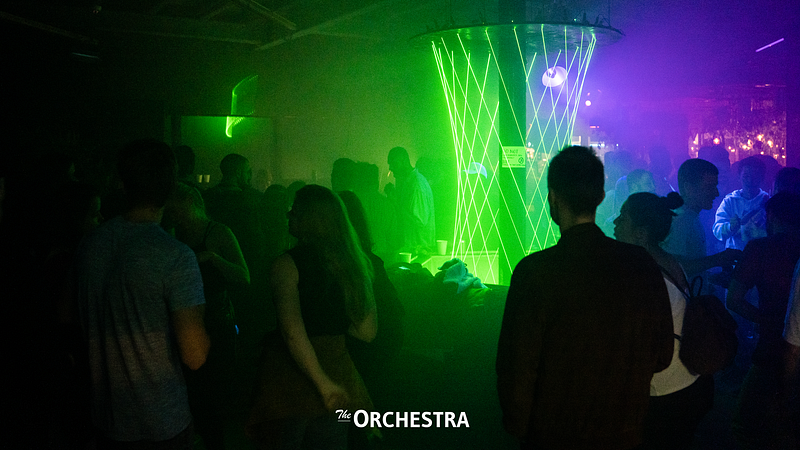
At Deep Under you will hear from minimal to deep tech. From tech-house to techno. The vibe is always deep, dark, and mystical. I joined the collective after they had already hosted a couple of parties. I’m actually the last addition to the team.
Deep Under parties are supported by the venue Dynamo and this way we help Dynamo attract more electronic music fans. I believe Deep Under actually started as part of a program within Dynamo which aimed to give opportunities to DJs and other musicians to turn their ideas into reality. This program helped the venue create a strong, supportive community.
8. What advice can you give to those aspiring to start playing or producing music?
Be active. Try approaching venues and organizers. Most people are open to new ideas! Without producing your own music, you can only conquer the scene on a local level. So if you want to do something on a more global level, start making your own music. But it’s also important to not release or go public too early. I hear from a lot of producers how they released music in their early years, but they don’t really like this music anymore.
I also feel that a strong social and online presence is very helpful. Networking is a big part of the industry, after all. And the Internet gives you a lot of possibilities to showcase your work, reach new audiences, and advertise yourself. Make sure you have a unique name! “Suspense” and “The Orchestra”, for instance, are kind of popular words, so it’s a bit hard to find our collectives…
I’m sure there are many more useful tips you can even discover in other articles online, but in my opinion, the most important thing is to just do, make, create. Don’t find excuses as to why you can’t do something. You can do a lot with the bare minimum, so just do it.
If Evedo’s readers have further questions or some ideas they’d like to share with me — you are welcome to contact me.
You can find Martin Krivano here and here.
If you want to become a part of the event change follow our community channels:
Website: www.evedo.co
Email: info@evedo.co
Telegram: https://t.me/evedoco
Facebook: https://www.facebook.com/evedo.co
Twitter: https://twitter.com/evedotoken
Reddit: https://www.reddit.com/r/Evedo
Instagram: https://www.instagram.com/evedo.co
